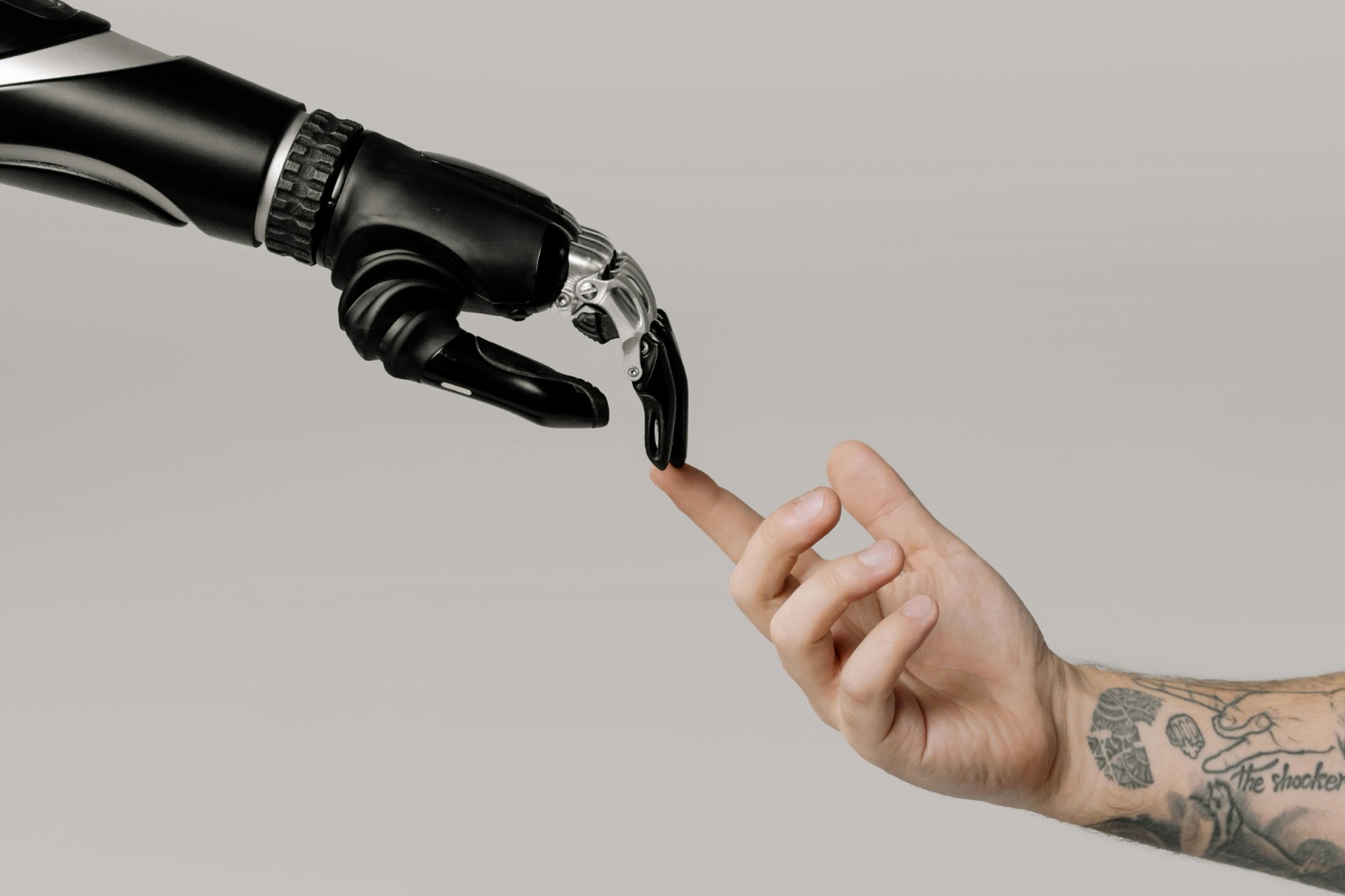In today’s competitive digital landscape, businesses are constantly searching for innovative ways to boost their conversion rates. One powerful tool that has emerged is the AI chatbot for website. By leveraging artificial intelligence, these chatbots offer personalized, real-time assistance to visitors, which can significantly enhance user experience and drive conversions. In this article, we will explore how an AI chatbot for website can increase conversions, why it matters, and how you can implement one effectively on your site.
Understanding AI Chatbots for Websites
What Is an AI Chatbot for Website?
An AI chatbot for website is a software application designed to simulate human-like conversations with visitors through a website’s chat interface. Unlike traditional chatbots that follow scripted responses, AI chatbots use natural language processing (NLP) and machine learning to understand visitor intent, provide relevant answers, and adapt over time.
Why Use an AI Chatbot for Website?
AI chatbots for websites serve multiple functions such as customer support, lead generation, and personalized marketing. They are available 24/7, instantly respond to inquiries, and reduce the workload of human agents. These capabilities make AI chatbots a valuable asset for increasing engagement and, ultimately, conversions.
How AI Chatbots for Websites Drive Conversions
Immediate Customer Engagement
Visitors often leave a website quickly if they don’t get immediate answers to their questions. An AI chatbot for website engages users right away by greeting them, offering help, and guiding them through the sales funnel. This instant interaction reduces bounce rates and keeps potential customers on your site longer, increasing the chances of conversion.
Personalized User Experience
AI chatbots analyze visitor behavior, preferences, and past interactions to provide tailored responses. This level of personalization helps users find exactly what they need without frustration. A chatbot that adapts its recommendations and answers based on user data can boost user satisfaction and motivate action, such as signing up or purchasing.
Lead Qualification and Nurturing
An effective AI chatbot for website can qualify leads by asking targeted questions to determine visitor needs and readiness to buy. By collecting important information automatically, the chatbot helps your sales team focus on high-quality prospects. Additionally, chatbots can nurture leads through follow-ups, reminders, and relevant offers, improving conversion rates over time.
Reducing Cart Abandonment
For e-commerce sites, cart abandonment is a major concern. AI chatbots for websites can intervene by offering help with checkout, answering payment questions, or providing discount codes. This timely assistance helps remove obstacles that cause shoppers to leave, turning hesitant visitors into paying customers.
Key Features of an Effective AI Chatbot for Website
Natural Language Processing
The backbone of an AI chatbot for website is its ability to understand and respond naturally. Natural language processing allows chatbots to interpret user intent accurately and handle complex queries with conversational ease.
Integration with CRM and Analytics
Integrating the chatbot with your customer relationship management (CRM) system and analytics tools ensures seamless data flow. This integration allows you to track leads, monitor chatbot performance, and refine your strategies based on real user data.
Multi-Channel Support
While the focus is on websites, an AI chatbot for website that supports multi-channel communication (like social media, messaging apps, and email) provides a consistent experience and captures leads across platforms.
Best Practices to Maximize Conversions with an AI Chatbot for Website
Design a User-Friendly Chat Interface
A simple and intuitive chat interface encourages users to interact without hesitation. Use clear prompts, easy-to-understand language, and quick access buttons to streamline conversations.
Train Your Chatbot Continuously
AI chatbots learn from interactions, so regularly updating and training your chatbot with new data improves accuracy and relevance. Monitor conversations to identify gaps and optimize responses accordingly.
Set Clear Goals and Metrics
Define what conversion means for your business—whether it’s form submissions, purchases, or sign-ups—and set measurable goals. Use analytics to track how the chatbot contributes to these metrics and adjust your approach as needed.
Offer Proactive Assistance
Instead of waiting for visitors to ask for help, program your AI chatbot for website to initiate conversations based on user behavior. For example, if a visitor lingers on a product page, the chatbot can offer assistance or suggest related items.
Challenges and Considerations
Maintaining a Balance Between Automation and Human Touch
While AI chatbots for websites are powerful, some users prefer human interaction, especially for complex issues. Offering an easy option to escalate to a human agent helps maintain trust and customer satisfaction.
Privacy and Data Security
Collecting user data through chatbots requires compliance with privacy regulations like GDPR. Make sure your AI chatbot for website follows best practices for data protection and clearly communicates privacy policies to users.
Conclusion
An AI chatbot for website is a transformative tool that can significantly increase conversions by providing instant engagement, personalized experiences, and efficient lead management. When implemented thoughtfully, chatbots reduce bounce rates, enhance customer satisfaction, and ultimately drive more sales and sign-ups. For businesses looking to stay competitive in the digital age, integrating an AI chatbot for website is not just an option—it’s a necessity. Embrace this technology to connect with your visitors smarter, faster, and more effectively than ever before.



